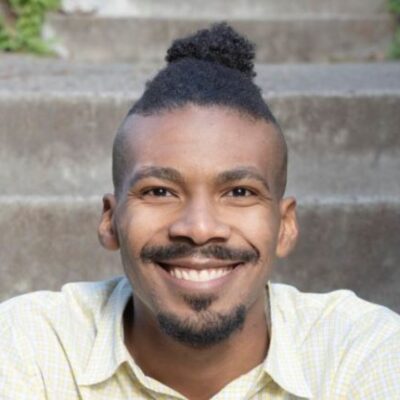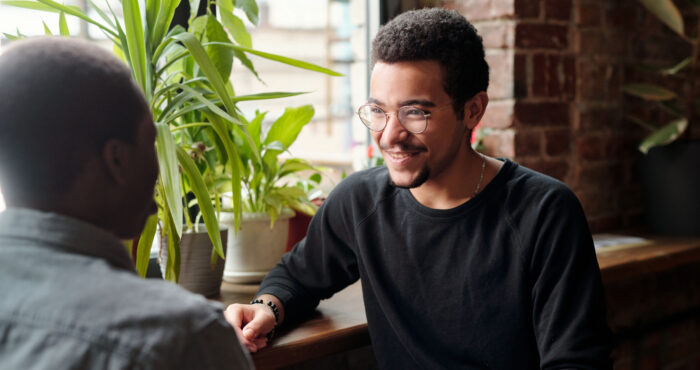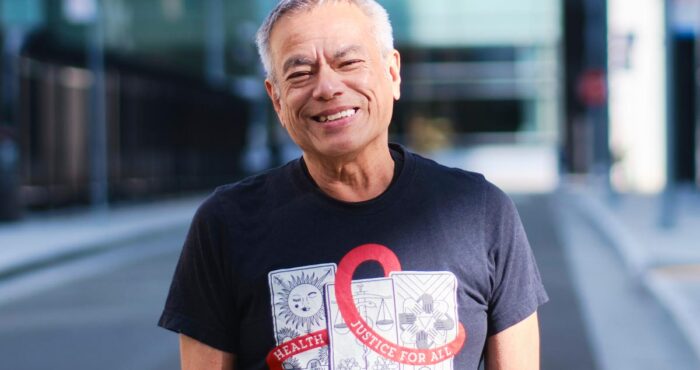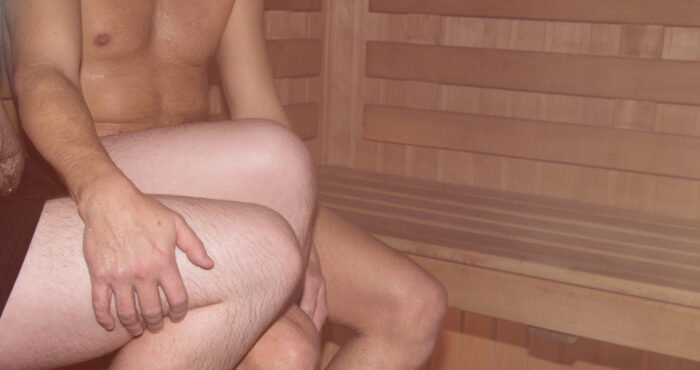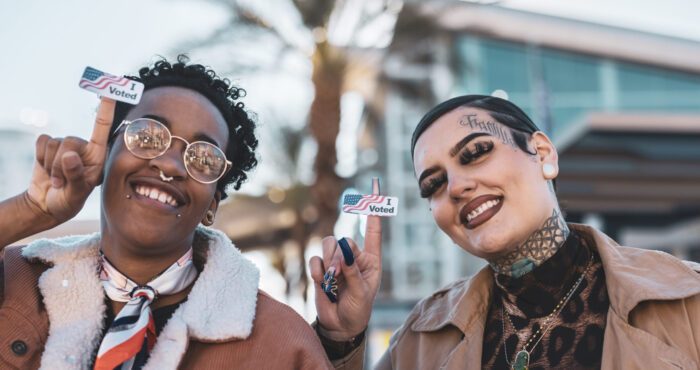Between the Brads and Chads: When polyamory, “guilt vibes,” and white fragility collide
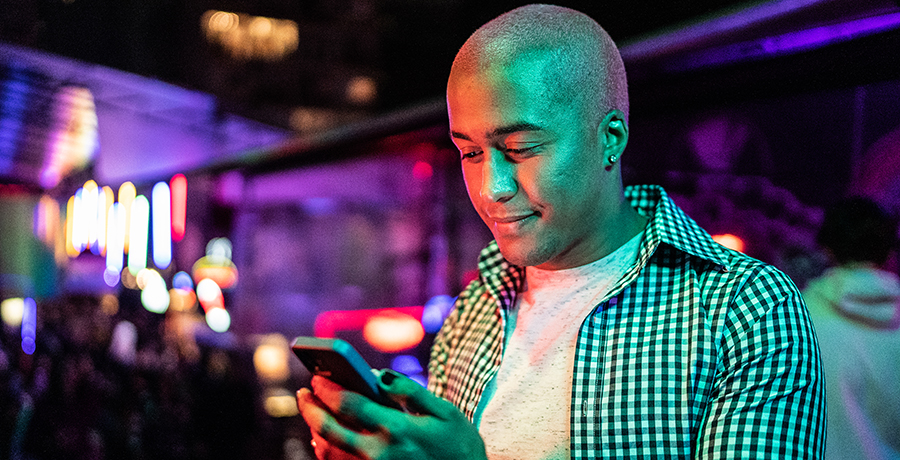
Morgan’s* beaming smile disrupted my mechanical scrolling on Hinge.
He was polyamorous and seemed a little quirky. Already in a long-distance relationship, he was seeking an “anchor relationship” in the Bay Area. (In the world of polyamory, an ‘anchor relationship’ refers to a significant, stable, and secure relationship that still allows for the exploration of other relationships.)
I decided to give him a shot.
Moments into our first date, Morgan revealed that he was seeing not one, not two, but three people already. What an overachiever?!
Over vegan tacos in the Mission, I asked him, “How do you even have space for another relationship?”
I was worried that he wouldn’t have the energy to date another person, but he reassured me that it was possible for him to maintain upwards of four relationships at any given time. The way he spoke about relationships made me think he had the capacity to navigate the complexity.
When it came to scheduling our second date, Morgan was prompt and organized. We had to wait over a month because he was traveling to Los Angeles, and I was going to New York, but we stayed in touch over text–each flirty message increasing my anticipation for his return. I stewed in anticipation.
A week before our second date, I reached out to confirm plans. He responded with a text saying he was feeling tired from being with his other partners, and was looking forward to spending some time alone.
My yellow caution flag emerged dripping in red paint.
I first thought about responding with a casual, “No worries. Let me know when you’re free,” but then decided this response wouldn’t reveal how I truly felt.
“I’m disappointed,” I ultimately responded.
I asked Morgan if he could work on managing his energy so that he could honor commitments made. I wasn’t interested in building a relationship on disappointment and resentment.
He suggested that we shouldn’t see each other again.
To give him credit, he did say that he thought I was a special person and that he enjoyed our time together. But that, ultimately, he wanted his relationships to form “naturally,” and that he felt too much discomfort when I made my request to manage his energy. He spoke of experiencing a “guilt vibe,” which I think is something only a guilty person might experience.
I studied his words with a surgeon’s precision. Obviously, I was hurt. But I also saw how he jumped blindly over any acknowledgement of my own disappointment and hurt, and offered no apology for how his actions and words had landed.
I realized Morgan’s reaction wasn’t unfamiliar. I’ve heard this type of response from other cisgender white gay men before. The moment I express feelings and requests, it becomes too much to handle.
I’m chalking Morgan’s response up to a white fragility meltdown. If Morgan is too busy being defensive when he’s caused harm, he’s too busy to see me as a real person. That character trait–defensiveness– hangs high on the syllabus for anyone wanting to study white supremacy culture.
Defensiveness exists on a list along with other white supremacy culture qualities. Perfectionism, a focus on quantity over quality, paternalism, color blindness, and power hoarding all work in concert to perpetuate systemic racism, squash diverse perspectives, and maintain unequal power dynamics. Each of these qualities could also easily be the focus of other articles detailing the interactions I’ve had with other Brads and Chads, and they represent a healthy mix of monogamous and polyamorous-leaning folks!
And quite frankly, on the whole I don’t experience defensiveness and other white supremacy culture traits with the Black men I date as I do with white men.
It’s natural to feel sadness, disappointment, and frustration in any relationship. Yet, it seems like the only way to get a cis white man to sit with me and my feeling is to make an appointment while they take notes and charge my insurance $90 an hour. I don’t need anyone to take on my feelings, but I do need to be seen in each and every relationship.
If you’re a white person and you don’t interrogate the unintentional harm you cause just by the way you think about the world, you’re contributing to upholding white supremacy culture.
Instead of asking, “Is race at play?,” it’s much more helpful to ask, “How might race be at play”?
I wish Morgan had been able to say, “I had never considered how my actions could have led to your disappointment. I’m sorry about that and don’t want to do anything that would make anyone feel that way.” This would have demonstrated introspection, empathy, vulnerability, accountability. It would have demonstrated that he saw me as a whole person and my lived experience as a Black man dating in a white supremacist world.
Instead, this acknowledgement likely wouldn’t have felt “natural” for Morgan.
Maybe it wouldn’t feel natural because Morgan is not used to getting feedback from a Black person.
Of course I know now, after talking about plenty of white men in therapy, that I wasn’t asking for too much from Morgan or any of the other guys for that matter. I was simply asking the wrong person. The person I am meant to be with would not get defensive when I speak from my experience. They’d be genuinely interested in making space for me to be a human being with thoughts, feelings, emotions, and everything else that stems from my identity as a Black gay man.
*Not his real name






